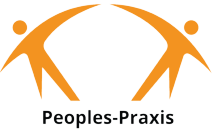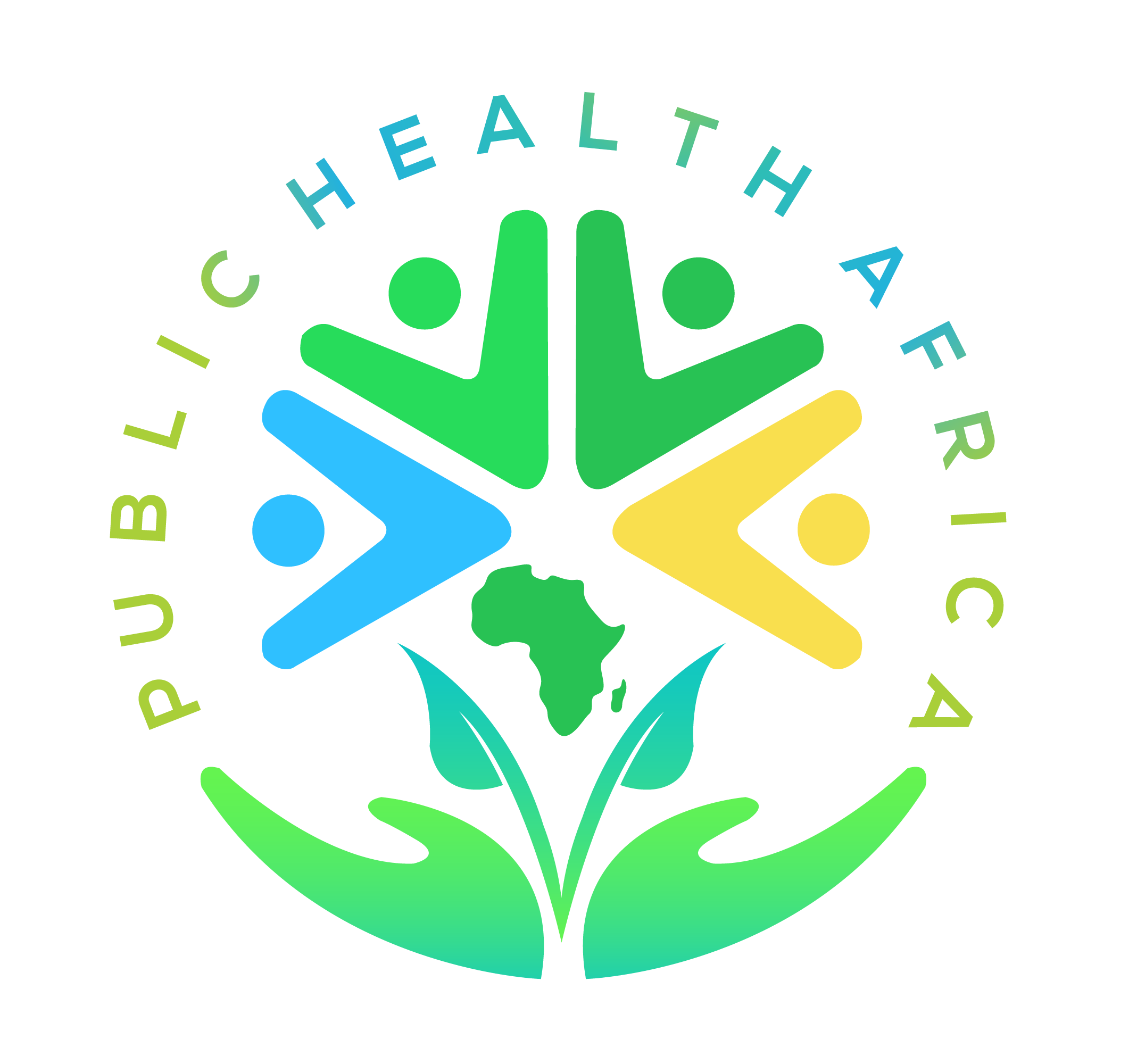Free online courses from Peoples-Praxis: Public health, open science, research methods, thoughtful practice
-
in partnership with
[Click on the logos to see more about these organisations]
Courses to help build capacity in public health particularly among those in low- to middle-income countries. This should not only help with developing knowledge, but with putting this knowledge into practice. Courses include those to help with the review and open publication of research results.
Please explore any of these courses (they are listed below). They are free, open access and self paced, so you can work through them in your own time. You may want to work through these on your own or in a group.
Accessing courses
If you want full access to the course, including the ability to gain a certificate, you will have to create an account before you log in to access a course. You will see this, the first time you try to access a course, and you will be guided to create an account:
You will be asked for the following 'required' information:
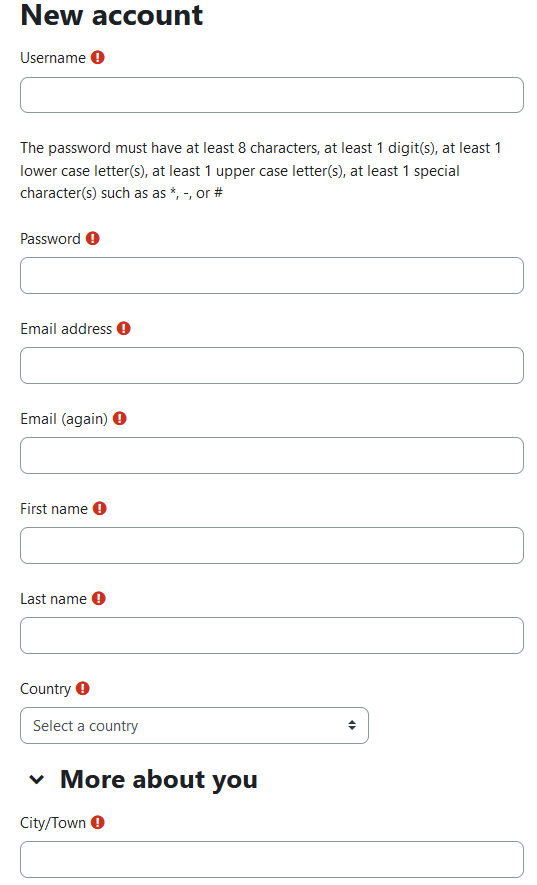
To access the courses as a guest without the need to log in, you can click on Access as a guest as below (but you will not be able to access the quiz or gain a certificate):
Gain a certificate
You can gain a certificate in most courses - earned by accessing the resources, making reflective posts to forums and passing a quiz. Each certificate contains a QR code for verification.
Find a mentor
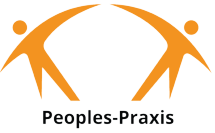 You may want to find a mentor to help you work through the courses either individually or as member of a group - if so, consider registering with Peoples-Praxis.
You may want to find a mentor to help you work through the courses either individually or as member of a group - if so, consider registering with Peoples-Praxis.Moodle app. Please note that if you access the course through the Moodle app (you need to download this from your app store) you can access the course material offline. This may be of use if you have internet access problems.
Course categories
Skip available courses
Available courses

Theory and practice of peer review.
This course was developed by the Coalition for Open Access Publishing of Public Health in
Africa (COPPHA) and originally offered as a MOOC in 2024. It is published here as a self-paced course, available for self-enrolment, which will cover the following issues
- Understand the ways in which peer review underpins the academic publication process
- Reflect on the challenges of the peer review process
- Appreciate the characteristics of a good peer review and be able to access guidelines
- Post a good peer review using a standard format
- Reflect on the issues of AI in the review process

This course was developed by the Coalition for Open Access Publishing of Public Health in Africa (COPPHA) to explore the theory and practice of open publishing of preprints and open reviewing. This is a copy of the course which ran as a MOOC from January to March 2025, and is now published under a Creative Commons licence for self enrolment. The course covers:
- Principles and examples of Open Access publishing
- Theory and application of the Publish/Review/Curate model
- Preprints and how to upload to a repository
- The principles and practice of open peer review

This site has been prepared by PublicHealth.Africa to provide resources about Open Science to the editors of journals that might publish articles on public health as well as to researchers who might want to publish their research in an open format. This is aimed in particular at journals and researchers in the Global South, but will have general relevance.
- Understand the concepts, advantages and disadvantages of Open Science in relation to public health research
- For journal editors to know how to set up your journal for open publishing
- For researchers to know how to submit your research paper and the underlying data so that they are freely available for open access
- Consider how to explore, develop and advocate for new approaches to the open publication of research and the underlying data
Originally produced for the Peoples-uni Dissertation module.
The course provides information to help design a research project in the field of public health. It is designed for people to work through themselves, but would be suitable for guidance by a mentor or supervisor.
- Identify an important public health issue facing your community
- Perform a systematic review of the literature to provide the background to your research
- Identify the methods for performing a research project relevant to the problem you have identified
- Prepare a protocol to perform the research project that you have identified

More confidently read the results sections of medical journals and
perform and interpret the results from frequently used statistical
procedures. This course comes from the Peoples-uni module prepared by Marija Noursis and is based on her basic biostatistics e-book which you can download as part of the course.
- Describing and Summarizing Data
- Evaluating Results from Samples
- Basics of Hypothesis Testing
- Testing Hypotheses about Counts
- Correlation and Regression

Critical appraisal is the foundation of assessing evidence. Critical appraisal does not mean being critical, but taking a critical approach to information. Here, we are applying this to public health research methods
- Anatomy of a research paper
- Critical appraisal tools from CASP
- A very simple generic checklist
- A public health critical appraisal checklist
- Critical appraisal for evaluations
Originally produced for the Peoples-uni Open Online Courses site
Provides basic introduction to key aspects of the discipline of public health.
- Definitions and roles of Public Health
- Epidemiology
- Health systems
- An evidence base for Public Health
- Health inequalities
- Health promotion
- Workforce needs in Public Health

Originally produced for the Peoples-uni Open Online Courses site
The Public Health aspects of climate change and its impact on populations
- Introduction to climate change
- Climate change and human health
- Climate change in the context of environmental sustainability
- Climate change, policy and politics
- What can we do about climate change?

Originally produced for the Peoples-uni Open Online Courses site
Provides an introduction for health professionals to the causes of environmental threats to Public Health, the size of the problem and how to utilise an evidence based approach to reducing these environmental threats to health.
- Interaction between the environment and health
- Identify environmental hazards and the health risks associated with exposure to these hazards
- Health impacts of chemicals, air pollution, water and sanitation, and waste
- Mitigation measures
- Review and action
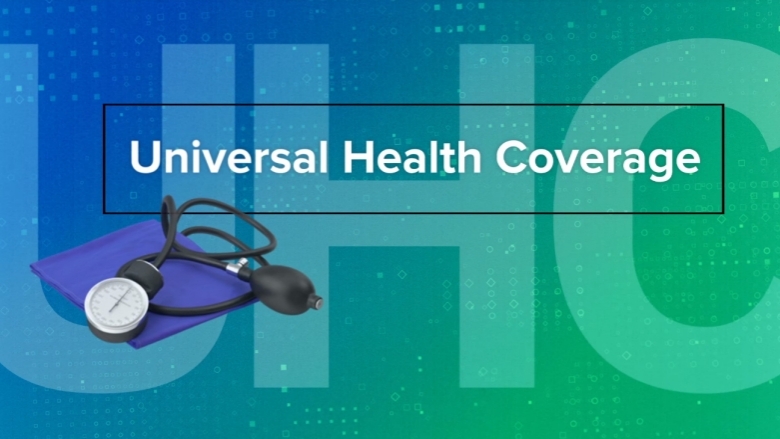
Originally produced for the Peoples-uni Open Online Courses site.
The course aims to explore health systems, focusing on those in low- to middle-income countries
- Health systems - attributes, governance and strengthening
- Health care financing
- Quality and information
- Case study - vaccines
- Health workforce

Originally produced for the Peoples-uni Open Online Courses site
This course aims to provide a framework and some resources to help those in low resource settings meet knowledge needs relating to health informatics.
- What is information/informatics and why is it important
- Produce, Collect and Collate information
- Access information - make it available
- Use information for evidence based practice and policy
- Evaluating the benefits of health informatics
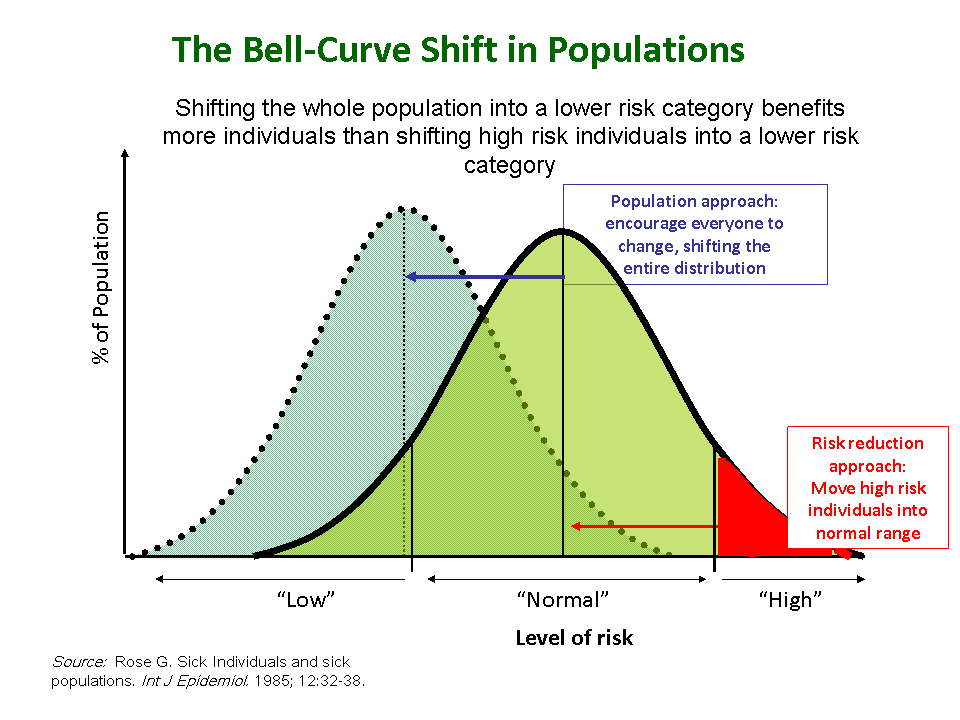
Originally produced for the Peoples-uni Open Online Courses site
Provides basic introduction to key aspects of the prevention of ill health
- Population-wide strategies for prevention
- Social Determinants of Health
- Health Promotion
- Policy implications of prevention

Originally produced for the Peoples-uni Open Online Courses site.
This course builds on another course in this series, Public Health - the basics, to explore the burden, causes and interventions of major diseases, and how to evaluate the interventions to reduce the burden of illness:
- Patterns and major categories of disease in developing countries
- Evaluation

Originally produced for the Peoples-uni Open Online Courses site
Aims to help you understand some of the risk factors, and size of the burden of mental illness and think about policies and interventions that can help tackle this neglected public health issue.
- Introduction to global mental health
- Health promotion and epidemiology
- Suicide - epidemiology and prevention
- Evidence-based interventions
- Planning and implementing mental health interventions

Originally produced for the Peoples-uni Open Online Courses site
Designed to explore the concepts of Medical Professionalism and how they might be applied in various settings
- Introduction and definitions
- Altruism and commitment to patients’ interests
- Physician self-regulation and maintenance of competence
- Civic engagement
- Relevance to today/tomorrow

Originally produced for the Peoples-uni Open Online Courses site
Designed to help understand the importance of Human Rights to Public Health.
- General introduction
- Humanitarian crises
- Reproductive health
- Universal health care
- Provision of health services
- Legal aspects of Human Rights

Originally produced for the Peoples-uni Open Online Courses site
Designed to provide information on the threats to the health of refugees and asylum seekers, and canvass potential methods to help improve the situation. The focus is global, but there is a focus on refugees settled in developed countries
- The refugee problem
- Details of health effects on refugees
- Models of healthcare for settled refugees
- Politics - a global issue
- What can we do?
Welcome to Introduction to Mentoring.
This short course is designed to help anyone interested in mentoring. It is written from a mentor's perspective.
It explains what mentoring is, how it differs from supervision and coaching, and how to run purposeful conversations that help people grow. By the end, you will be ready to plan, run, and review mentoring sessions immediately.
Completion of the activities and quiz offers a certificate of recognition.

The course aims to provide a practical guide to help public health workers understand the basics and start their journey of reflection to become more effective practitioners. The course covers:
- The basics of reflection
- How to do it
- Getting started
This course can be used as a stand alone module, or as part of the Peoples Praxis Learning Pathways offer.
Welcome to Introduction to Mentoring.
This short course is designed to help anyone interested in mentoring, either as a mentee of a mentor.
It explains what mentoring is, how it differs from supervision and coaching, and how to run purposeful conversations that help people grow. By the end, you will be ready to plan, run and review mentoring sessions straight away.
You can complete the Introduction to Mentoring as a mentee and completion of the activities and quiz offers a certificate of completion.
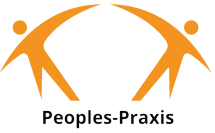
This course is to identify the theory of mentoring and to help with its practice
- Establishing a mentoring programme
- Characteristics of a good mentor and a good mentee
- Special issues for mentorship in Low- to Middle-Income Countries
- Practical issues
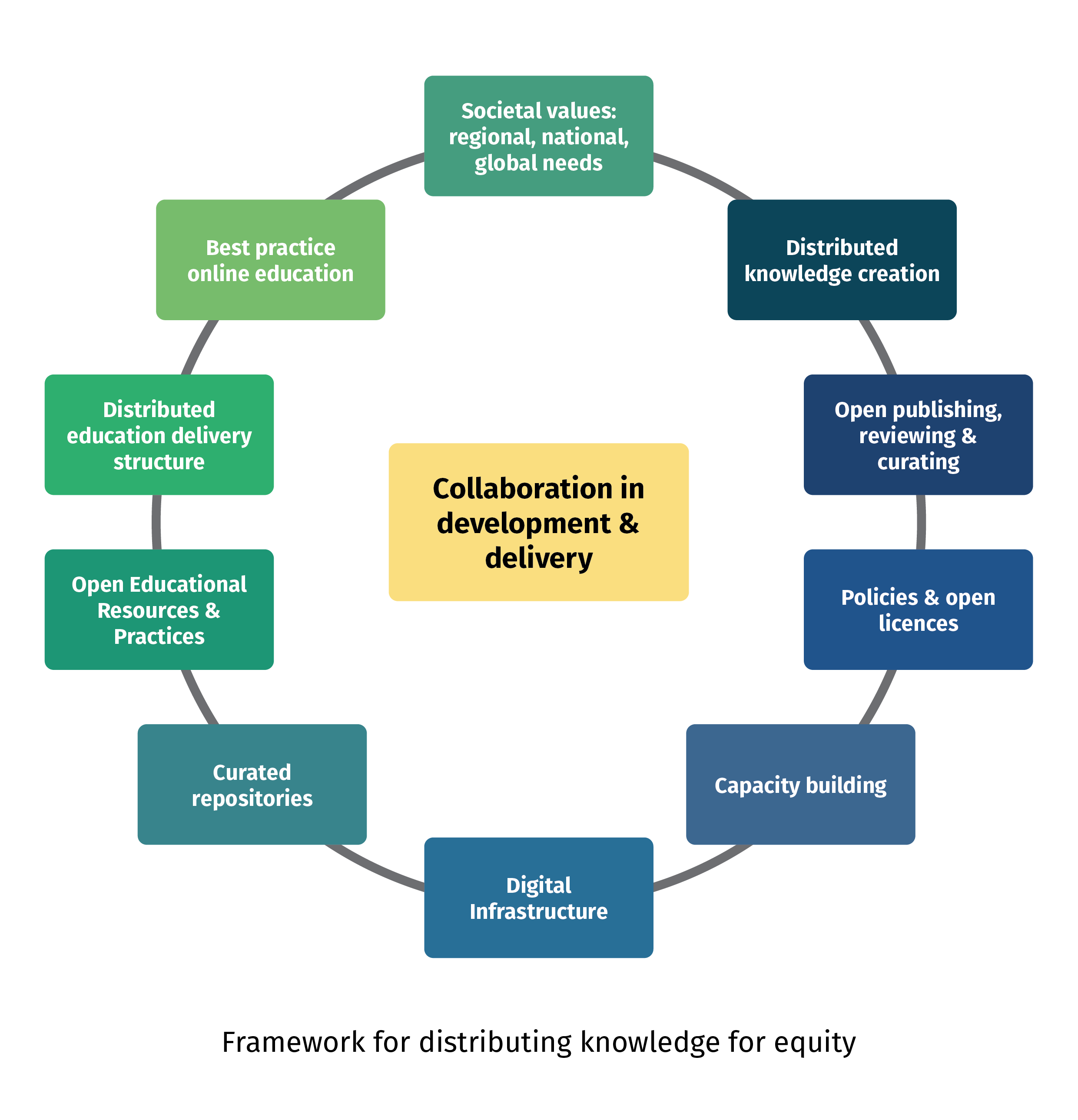
Self-paced free online course to provide knowledge and skills about the ways in which distributing learning and knowledge creation can be used to reduce knowledge inequity and transform higher education. To demonstrate how participants can advocate for and incorporate this approach in their own setting.
- The concepts of distributed and networked education
- Digital technologies for education
- Distributing knowledge creation
- Open access to educational resources and research
- Designing programmes which incorporate distributed and networked education
- Practical aspects of implementing the
distribution of education and knowledge creation
Initially designed for Continuing Professional Development (CPD) with a view to later expansion and academic credit as part of existing university courses.
The course is freely available for anyone, but those who want a certificate of completion should create an account (also free) and log in as a student.

